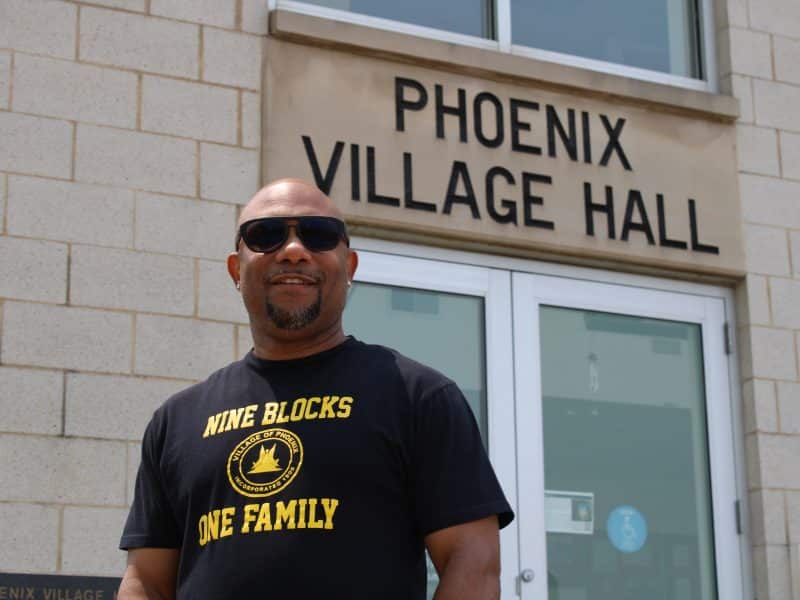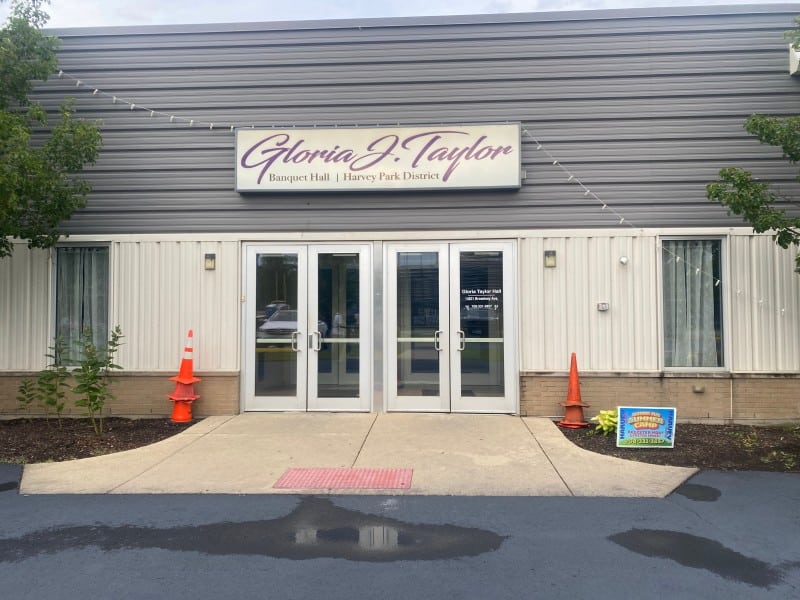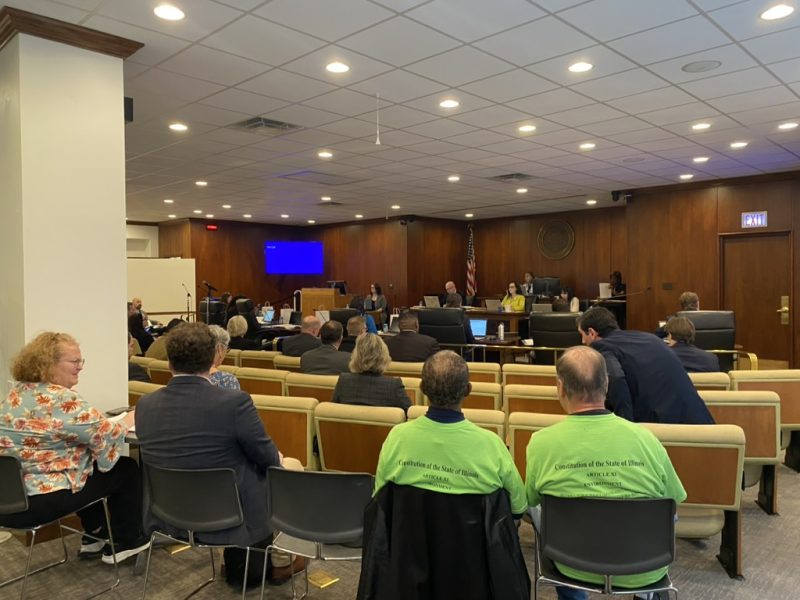Harvey’s aging water and sewer lines slated to get $1.5 million overhaul
The federal government appropriated funds to the city in March when Congress passed the spending bill, paving the way for repairs to Harvey’s aging infrastructure.

Older suburbs like Harvey have sewer systems that are over 100 years old. After decades without capital investments, the city’s aging wastewater infrastructure is about to get overdue repairs.
When Congress passed the spending bill in March, the federal government allocated $1.5 million to the city to make repairs to its water and sewer systems through Congressional Direct Spending, also known as the “earmark process.”
Through CDS, local municipalities can request funds with their respective representatives or senators who then select projects and request funding through various spending accounts, like transit or infrastructure.
“Stories of communities like Harvey are unfortunately all too common after our nation’s historic lack of investment in water infrastructure, and the impacts are felt disproportionately in historically disadvantaged communities and communities of color,” said United States Senator Tammy Duckworth (D-IL), through whom city officials requested funding.
There’s an emphasis on traditionally underserved communities that ensures “every American has access to clean water, no matter their zip code, the color of their skin or the size of their wallet,” Duckworth added.
Here’s what we know about the millions of federal dollars coming to Harvey:
Harvey officials requested funds last summer
An application was likely submitted in May or June 2021 through Sen. Duckworth office, who’s application period is open for about one month, according to an aide.
Duckworth’s office uses an independent review board to identify projects, but not all officials do—nor is it required of them. Duckworth initially requested over $4 million for the city. But accounts can be maxed out, or sometimes officials believe some phases—but not all—of a project can be completed, resulting in lesser allocations.
Find the list of all CDS projects Duckworth requested for the 2022 fiscal year here.
The nearby wastewater treatment facility will perform an assessment of vulnerabilities
The Metropolitan Water Reclamation District, responsible for cleaning sewage and reducing flooding in the Chicago area, also received $1.5 million through the appropriations bill. Senator Dick Durbin (D-IL) and Duckworth both secured funding for the MWRD.
Its new flood resilience project will help provide sanitary repairs in Harvey, Dolton, Riverdale, and Stone Park. The district will perform an at-risk assessment to determine vulnerabilities in each city’s sewer system, improve infiltration, and prevent stormwater runoff.
“ Regular maintenance and rehabilitation of these sewer systems is necessary to ensure reliable service to residents and businesses, and to prevent excessive infiltration and inflow, also known as “I and I” (I/I), from entering sewers,” according to a district spokesperson.
The district plans to plant 100 trees in each city, absorbing stormwater and reducing overflow problems.
The MWRD expects inspections to begin fall 2022 or spring 2023
Cities are expected, but not required, to conduct inspections of their own sewer systems prior to the MWRD’s assessment, according to the district. “… Any advance inspection that can be completed allows for a larger portion of funding to be applied toward sewer rehabilitation,” said a district spokesperson.
After the district does its inspection, it’ll then negotiate an intergovernmental agreement outlining the project and maintenance requirements. After that’s executed, the contract will be written, advertised, and awarded, according to the district.
There’s an expected match for the MWRD project
Each city has pledged to meet the local match requirement, an expected $300,000, for MWRD’s project, bringing the total expected cost to $1.8 million, according to the district. The specific amount for each city will depend upon the amount of high priority sewers in each city, according to the district, more than 28,000 linear feet between all four cities.
The amount of high priority sewers in each city:
- Harvey — 16,381 linear feet
- Dolton — 5,818 linear feet
- Riverdale — 3,300 linear feet
- Stone Park — 3,195 linear feet
We’re filling the void after the collapse of local newspapers decades ago. But we can’t do it without reader support.
Help us continue to publish stories like these



